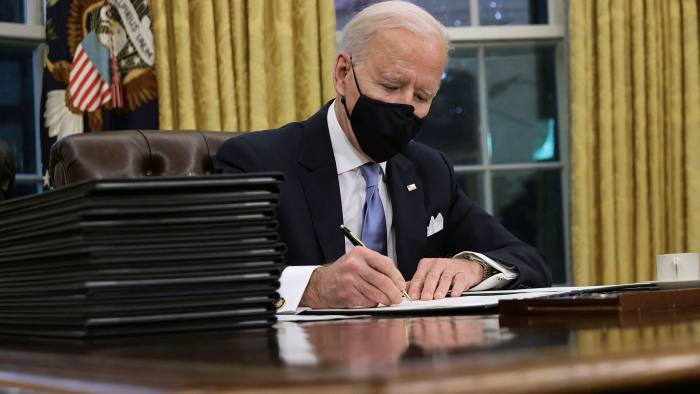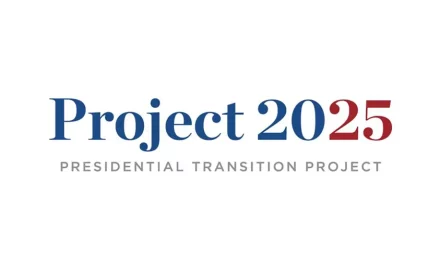
In a bold move, President Biden rescinded another Trump executive order in February, striking down industry-led apprenticeship programs.
IRAPs or Industry-Recognized Apprenticeship Programs, created under the Trump administration, sought to remove government oversight of training programs in favor of allowing industry to create unregulated apprenticeships.
IRAPs had fewer quality standards than registered apprenticeship programs, like those offered by the North American Building Trades Unions but were funded by the same agency.
President Biden’s executive action called for the Department of Labor, the agency tasked with overseeing apprenticeships, to reinstate a National Advisory Committee on Apprenticeships to provide guidance to the agency.
In a statement the White House said, “the voice of workers must be central to the development of strategies to rebuild the economy of the future. To that end, President Biden is asking the Department of Labor (DOL) to reinstate the longstanding National Advisory Committee on Apprenticeships. This Advisory Committee will appoint a diverse set of stakeholders from across the country — including unions, employers, apprenticeships, community colleges and other institutions — to build a registered apprenticeship program that works in all communities.”
As well, Biden signaled his support for the National Apprenticeship Act, a bill with bipartisan support in the House of Representatives, that would expand registered apprenticeships, youth apprenticeships and pre-apprenticeship programs. Supporters of the legislation say it will create nearly one million new job training opportunities and generate billions of dollars in benefits for taxpayers.
The National Apprenticeship Act passed the House in February and is awaiting markup in the Senate.
The bill seeks to reauthorize the 1937 National Apprenticeship Act, which established the registered apprenticeship system and codify standards that were not in the original legislation, like progressive wage increases, mentorship and safety standards. The legislation would also expand apprenticeship programs with as much as $800 million in new grant funding. ■






